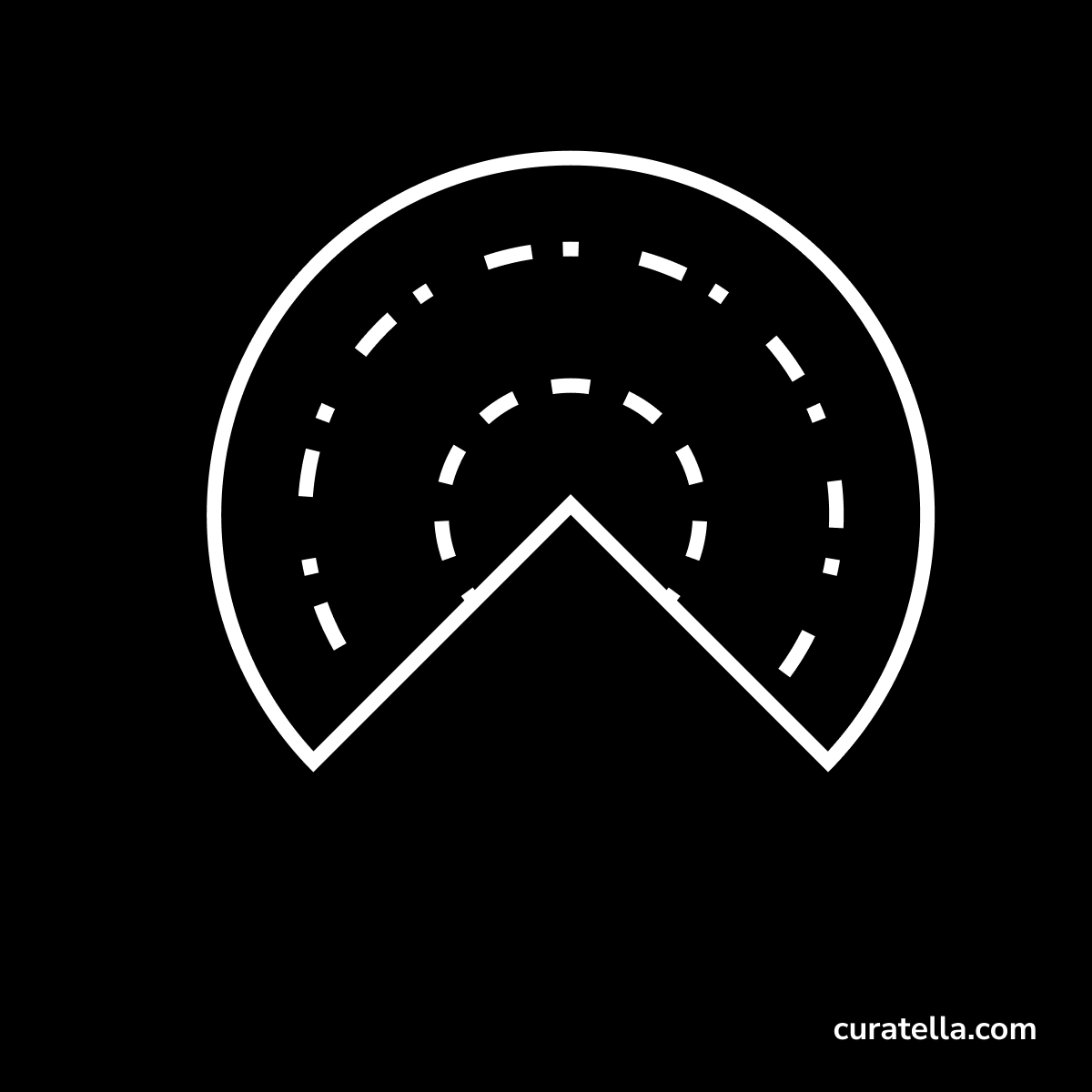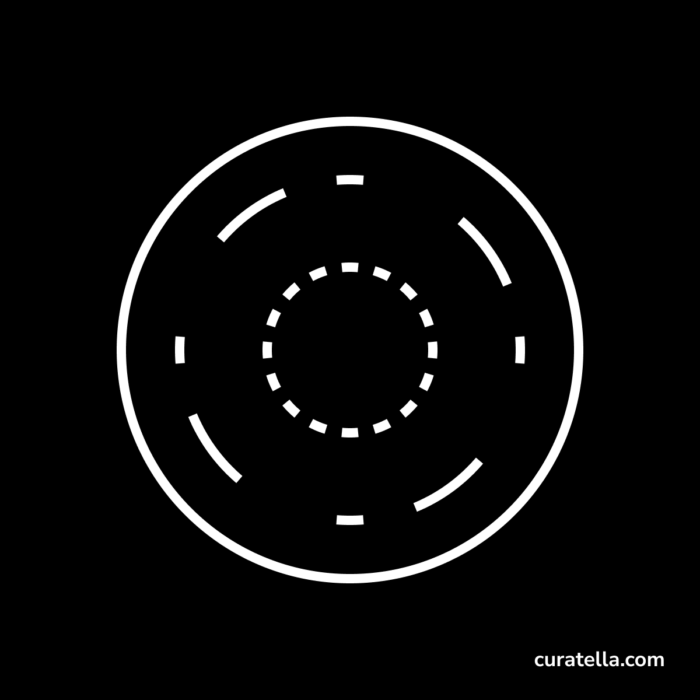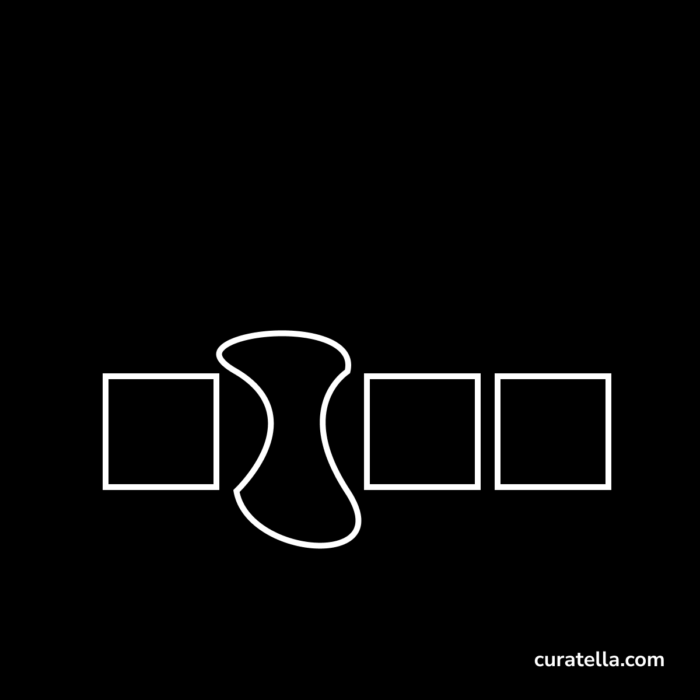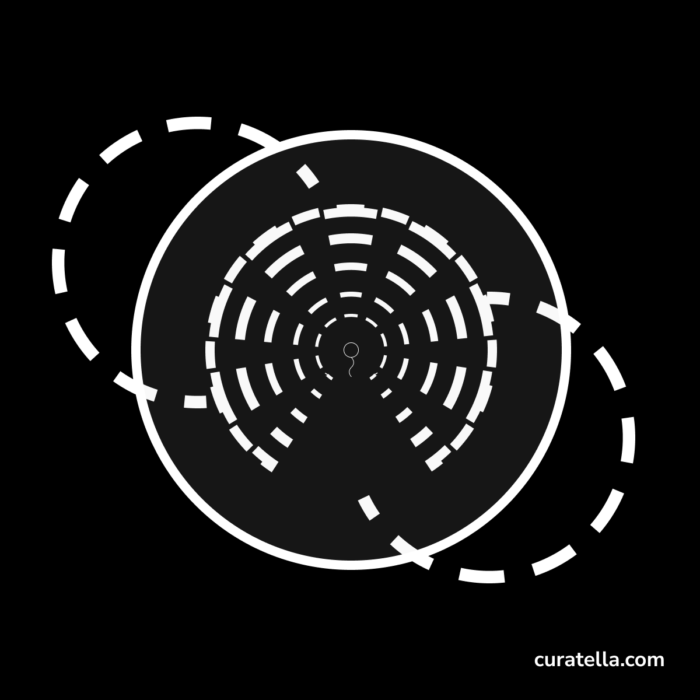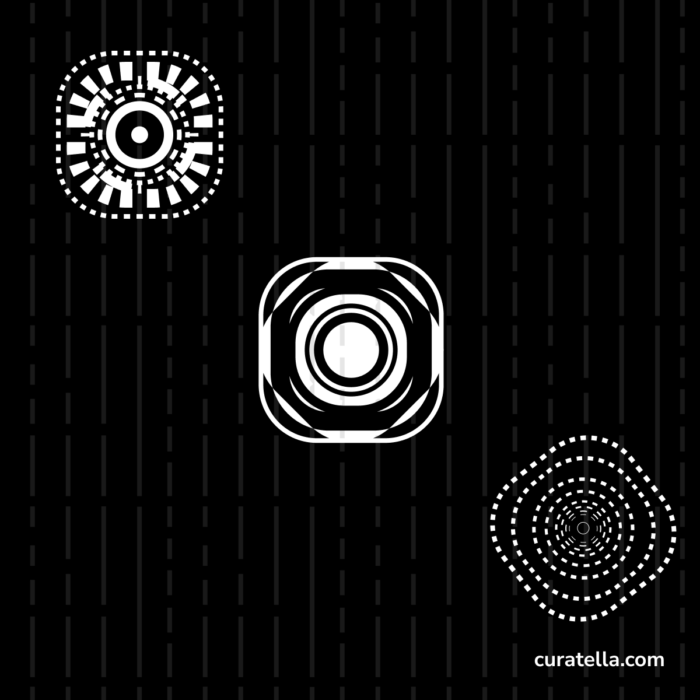If you appreciate somebody’s work, tell them. You’re busy, your time is worth, you are needed in running your business and your life. When you take some of your precious time to have a sincere conversation with your colleague, client, provider, student, teacher, or friend you are doing something valuable to both of you. The other will see their work recognized. Recognition is one of the best reward they can receive for their work. They will get encouraged to do more and better and will be incentivized to grow and improve. You will contribute to build a positive reputation and create a stronger bonding with the other. You will also be more grateful for the great people surrounding you and that will make you satisfied and happy. Take some dedicated time to recognize the good done by somebody else and you’ll live better.
Tag: personal development
Consuming vs. Creating
The concept of passing the time or being entertain can be a toxic disease. An infinite quantity of entertaining material is waiting for you to pass the time with. You might be very effective at passing your time by reading books mindlessly, watching films passively, playing videogames skillfully. In the end, what’s the value you got? If it is only “passing the time,” you might have just wasted your time.
We should try to be actively engaged in most, if not all, of our experiences. What’s really interesting about the experience I am having right now? Is it worth remembering? Shall I do something else? And, most of all, do I need to save this piece of content by wasting storing space and hoarding useless material that will pile up indefinitely?
We need to be more critical in our approach to consuming what surrounds us and move to a different mindset, the one of being creators rather than consumers.
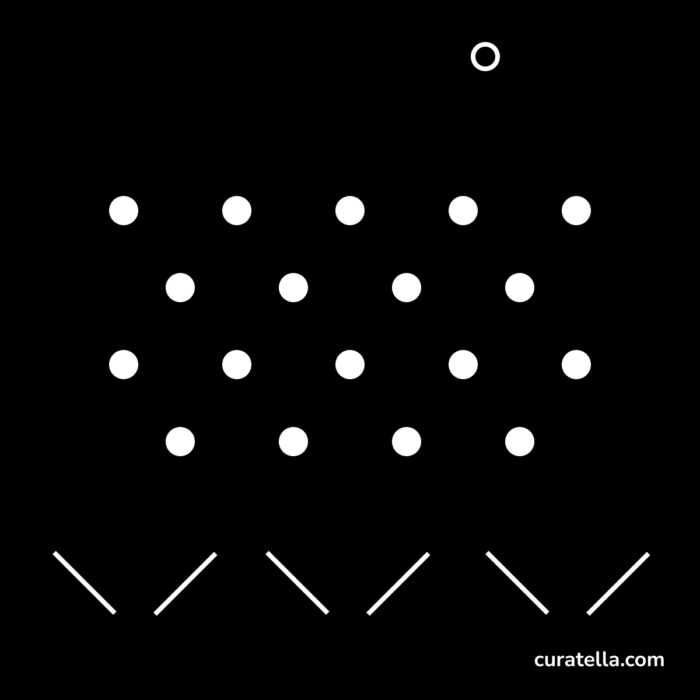
Live Or Die With Doubt
Doubt can drill your brain. It might become toxic if you don’t have the courage to face it or go deep and unearth its origin. It’s a love-hate relationship, a bug in your brain, mainly when it stays a long time, in the dark and obscure recesses of your mind.
Either you embrace it when it becomes the physiological uncertainty we all live in. And so you can make a tool out of it. You can use it to set up experiments. Meaning: you can act, work, and move from the paralysis you were in. So it’s a flowing evolution of considerations, you might go from doubt to doubt, which would be just reasonable. That is life.
Or, you can decide to keep it with you as a secret and be consumed from the inside. The inside of you. That would mine your confidence, your serenity, and your decision-making capabilities.
Better face your doubts as soon as possible, as frequently as possible. Everything is worth a doubt. Give it a try. Learn to sail and navigate with the winds even when your compass is not to be trusted.

It’s Easy To Break A Habit
As soon as you skip your daily habitual rite of preparing for your creative time, immediately after you rush your creation when you skip a step because you’re tired or unmotivated, that is the worst moment of your challenge.
You want to build a daily creative habit and you’ve struggled to engrain your rituals for hundreds of days. When you start to feel tired or not like creating there are infinite ways to fall in a downward spiral dangerously leading you to break your habit.
This is what happened to me recently. After having a nice group of peers writing with me I got back to write alone. First, in 15 people you can feel the energy to create and you can’t wait for the moment to do it. When others have their doubts and partial failure you get energized by helping them to remain consistent. But at day 90 when you are in three, and then two, and then one, if you didn’t plan and prepare for your solo marathon, that is the moment where your willpower and your character are strongly put to a test.
Well, here I am, alone, still writing, and it’s day 233.

Timeliness, how to be on time
Being on time means getting prepared for it. You just don’t set a timer for the due date and time so you will be on time. You need to think about, in reverse, to all the things that need to happen for your be ready at exactly the desired time.
If you want to reach a meeting at 14:30, you don’t get your car at 14:30 to drive to your meeting.
The same happens if you are just 200 meters from the meeting place. You don’t get on your feet at 14:30 to reach that place. And if you go one step back you’ll have to get dressed. And if you keep on going back you will list all needed steps for you to get ready for that meeting.It seems so obvious to appear stupid but I keep on having people joining meeting 1, 2, 5, 15, 20 minutes later. It’s disrespectful and a sign of being disorganized. If you don’t have a good reason to show up late you are just undervaluing the presence of others at your meeting.
It is a cultural matter. Sure. There are region of the world, including some dear to me, where there are diverse custom uses.
“See you at about 14:20” can mean anything between 14:20 and 15:00, if you are lucky.
“See you at about 14:00” can be anything within the hour.
The most menacing is “see you after 14:00”. What does it mean “after” 14:00? Even “in 200 years” is “after 14:00.” And it depends also if we’re talking about business or a casual meeting, with acquaintances or close friends.
One technique to try being on time is to never consider the due time as your target. According to the context, the distance and the difficulty to reach your meeting (think about Endurance on Mars) you might want to subtract a certain amount of time.
So, a nice game, is the one of time-labeling people according to how late they usually are.
For certain close relatives I always say see you at 14:00! (with the exclamation mark!) When I perfectly know they will reach me between 10 and 20 minutes later. In fact, I wanted to meet them at 14:20.
What time-label do you wear?

Stupid Lies
A few decades ago I remember a consultant saying he finished the work so early that he had to pretend he was working for the rest of the paid time. He killed his reputation and demonstrate his dishonesty. Considering we were negotiating hiring him for a consultancy gig he destroyed the possibility of working with the company I was representing. Clients cannot be treated as friends to share confidential information with, especially if you are exposing your unfair behavior. Dishonesty can only harm everybody, but talking about your dishonesty makes you look stupid.

Personal Thought Experiments Are Powerful Imagination Development Tools.
Merging writing prompts and self-reflection adds meaning to a creative effort. When I reflect on who I am and who I want to be, I make progress towards a higher self-awareness. I am not sure I would write the same things if I redid the three previous exercises about another place, another time, and another person. And that is, maybe, what we should do: exercise our imagination in thinking about possibilities for our future on the others’ one. Imagining is easy, fun, and helps you focus without too much hassle. The value of repeating the effort of imagining a specific scenario could help to develop your imagination skills. Moreover, you can compare and contrasts the materialization of your thoughts about the same topic but in different moments and different moods. So these kinds of personal thought experiments are good to develop your thinking and assist in its evolution.

Another Person
What if I were another person. Who would I be and why?
I cannot think about a specific person, and I don’t believe that being another person would automatically get that person’s good without the bad. Not knowing the entire person, I can’t say if I wanted to get a complete package.
As a young boy, I used to say that I wanted to be Superman.
I think I’m searching for invincibility. I just want to be invincible. I want to defeat any problem.
I’m a problem solver. I’m especially fond of impossible problems. I’m the impossible problems solver, the Impossible problems solver. This is the mythical man I want to be.
Another person that I want to be is a person that will be remembered. So it’s going to be me with the capability of being remembered. Why is that important to me? Because I realized that this life will end as it’s supposed to be because it is normal and natural. Maybe I am not accepting that. Perhaps I’m thinking that the meaning of my life is not only to live it and to give sense to others’ lives but also to do it in such a way that my last thought before dying will be, “I made it, I will be remembered.”
It will be possible that I will be remembered only by somebody, for a short time. So, it is not an absolute statement to be remembered by whom? for what? For how long?
There I am more ambitious. I would like to be remembered for a long time by many people for something that positively contributed to improving as many lives as possible.
Is this ambition supported by enough will from myself to sacrifice and to work for that? Let’s say anything is possible. I can do that. What is that thing? Am I able to do that thing? How do I know, If I will be remembered or not? Why is that important? Is this the best way to give meaning to my life? Isn’t it selfish and presumptuous? I think so.
So Isn’t this the right thing to wish for? Because the radical alternative is to be with to be a billionaire so that I don’t have to work and I don’t have to follow the rules. What is the intersection between the two? So, being free of being myself without constraints, without following rules, and being remembered for that. Different guys did that in the past, but not necessarily will they be remembered for the good they made.
So, we come to my dear friend Reddy, what can we learn from criminals to be applied for good. That becomes a tremendous surreal question, learning from criminals for good.
So what kind of person, what other person do I want to be? I want to be another version of myself. Still, I want to be myself, more aware of my nature, more aware of my capabilities, augmenting them, and looking for the next project.

213. Another Person. 
Start, Stop, Continue. Considerations.
A final consideration on the creative exercise of Start, Stop, Continue.
It should be done weekly.
Should drive retrospectives and consequent planning.
It should be aligned with 12 favorite problems.
Should help recognize things to avoid and opportunities to pick.
It should help alignment in a relationship or a team.
It could be done in a team to expand awareness and planning capabilities.
It could be connected with 100 ideas.
It can help focus and filtering information, acting as lenses and magnets.
Snapshots in time would allow comparison and reveal progress or not.
They can be driven by a mission or a bigger project to split into stages.
It’s a form of adapting and iterative thinking.

